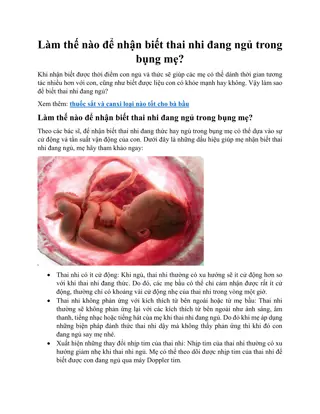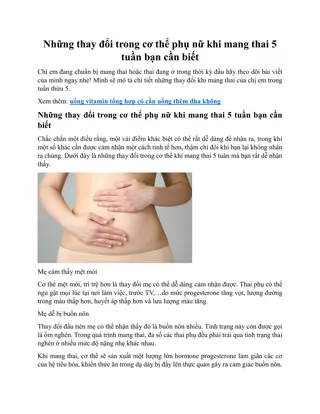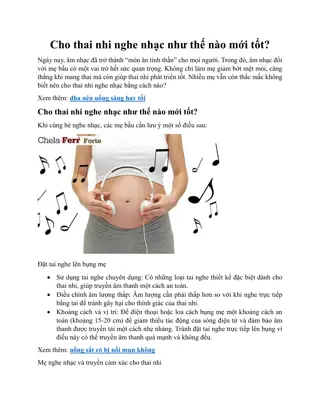The Journey Begins
Initiatives like Voter Education, Deliberative Dialogue, and addressing Global Challenges are pivotal in fostering civic engagement and informed citizenship. The Theory of Change underscores the importance of integral, relational, organic, and generative approaches in democratic engagement efforts, aiming to instill lifelong civic agency. Programs such as the American Democracy Project focus on equipping students with the knowledge and skills needed to engage as informed citizens, ultimately contributing to voter turnout and promoting political discourse. These efforts seek to empower individuals to actively participate in shaping the democratic landscape.
Download Presentation

Please find below an Image/Link to download the presentation.
The content on the website is provided AS IS for your information and personal use only. It may not be sold, licensed, or shared on other websites without obtaining consent from the author.If you encounter any issues during the download, it is possible that the publisher has removed the file from their server.
You are allowed to download the files provided on this website for personal or commercial use, subject to the condition that they are used lawfully. All files are the property of their respective owners.
The content on the website is provided AS IS for your information and personal use only. It may not be sold, licensed, or shared on other websites without obtaining consent from the author.
E N D
Presentation Transcript
TT The Journey Begins
271 ADP 271 ADP Campuses Campuses Steering Steering Committee Committee Equipping students with the knowledge, skills and experiences they need to be informed and engaged citizens. 2.7 Million 2.7 Million Students Students & & 47 States 47 States Civic Fellows Civic Fellows Uniquely Uniquely Local Local Programming Programming Online Online Working Working Groups Groups Regional & Regional & National National Programming Programming
Theory Of Change The Theory of Change is based on the understanding that our democratic engagement efforts are best when: Integral: Woven into the fabric of the institution and reflected in all its activities, including research, teaching and learning in every discipline and across disciplines; student affairs programs and services; and campus cultural practices. Relational: Involving opportunities to build authentic connections across difference, and not just complete tasks or study people and problems from a distance. Organic: Involving unscripted opportunities to imagine, create, and grow together with partners in public work and to forge new paths. Generative: Directed at continually improving conditions and relationships, opening up even more powerful possibilities for collective action. Instilling Civic Agency Civic Engagement as a Lifelong Practice
American Democracy Project Initiatives Voter Education and Engagement Deliberative Dialogue Digital Polarization Political Ideology Diagnostic Global Challenges & Global Literacy CLDE Engaged Campus Institute Citizen Professional Pathway Stewardship of Public Lands Food Insecurity The Census Student Journalism A Nationally Coordinated and Collaborative Approach
Voter Turnout Education is one of the best predictors of voting behavior SOURCE: NATIONAL STUDY OF LEARNING, VOTING, AND ENGAGEMENT (NSLVE) AND U.S. CENSUS BUREAU CURRENT POPULATION SURVEY VOTING AND REGISTRATION SUPPLEM ENT 65.0% 61.4% Voter Education & Engagement 52.1% 50.7% 46.1% NATIONAL AVERAGE YOUTH 18-29 (2016) NATIONAL AVERAGE UNDERGRADUATE STUDENTS (2016) ADP INSTITUTIONS (2016) NATIONAL AVERAGE ALL VOTERS (2016) ADP PILOT PROJECT (2018)
Political Ideology Diagnostic Designed to address the polarizing stereotyping that faculty and students do about themselves and others in terms of hot- button issues. A resource and guide to productive political discourse.
Global Challenges Interdisciplinary course designed to provide students with knowledge and skills to be engaged, responsible and effective members of a globally interdependent society.
Global Challenges Results 100 93 89 90 More than 75% of students reported much or extensive growth in: 80 78 80 Provides students with the knowledge, skills and predispositions to interact effectively in a globally interdependent society 40 74 70 60 Deep thinking Awareness difference Interest and empathy for people Critical thinking and problem solving Ability to analyze Media literacy Initiative and self-direction 50 50 30 20 10 0 1st Year Retention 2nd Year Retention 4-Year Graduation Rates enrolled not in course
Science for Citizens Designed to teach students the process of natural sciences to non-majors
Science for Citizens Results Critical Thinking Acceptance of Evolution Provides students with the knowledge, skills and predispositions to interact effectively in a globally interdependent society
Digital Polarization (DigiPo) STOP INVESTIGATE THE SOURCE SIFT Designed to help students identify fake news and misinformation FIND TRUSTED COVERAGE Mind Over Chatter TRACE CLAIMS, QUOTES, AND MEDIA BACK TO THE ORIGINAL CONTEXT
Steven Hunt, Illinois State University Political engagement, Engaged Campus Study Civic Fellows Leah Murray, Weber State Engaged Campus Study, Political Ideology ADP Civic Fellows explore assessment, research and programmatic efforts that enact and support ADP s mission and national work. David Hoffman, University of Maryland, Baltimore County Building a theory of change Morgan Lewing, Texas A&M University-Central Texas Faculty development around civic learning and engagement Molly Kerby, Western Kentucky University Civic assessment Mike Caulfield, Washington State University Vancouver Digital polarization
Kris Pierre David Hoffman Director, Center for Democracy and Civic Life Mel Netzhammer Chancellor Melinda Treadwell President Director, Career Development & Community Partnerships Peg Gray-Vickrey Provost and Vice President for Academic and Student Affairs Robert Ducoffe Provost and Vice Chancellor for Academic and Student Affairs Lane Perry Shala Mills Director of Center for Community Engagement and Service Learning Assistant Vice President for Graduate and Extended Learning ADP Steering Committee Mary Evins Research Professor William J. McKinney Senior Advisor for Regional Campus Affairs Kim Schmidl-Gagne Program Manager Molly Kerby Assistant Professor for Institutional Effectiveness Steven Koether Foundation of Science Coordinator/Instructor Eric Morrow Alison McCartney Professor, Political Science, Honors Coordinator Elizabeth Parmelee Associate Vice President of Undergraduate Studies Interim Dean, College of Liberal and Fine Arts Rebekah Selby Assistant Professor, Mathematics and Economics
CLDE Meeting Annual conference in partnership with NASPA Faculty, Students, Student Affairs, Campus Leadership AASCU, NASPA, community colleges, independents Developed by the Social Media Analytics Command Center (SMACC) housed in the School of Communication at Illinois State University. 20+ community partners and sponsors





















